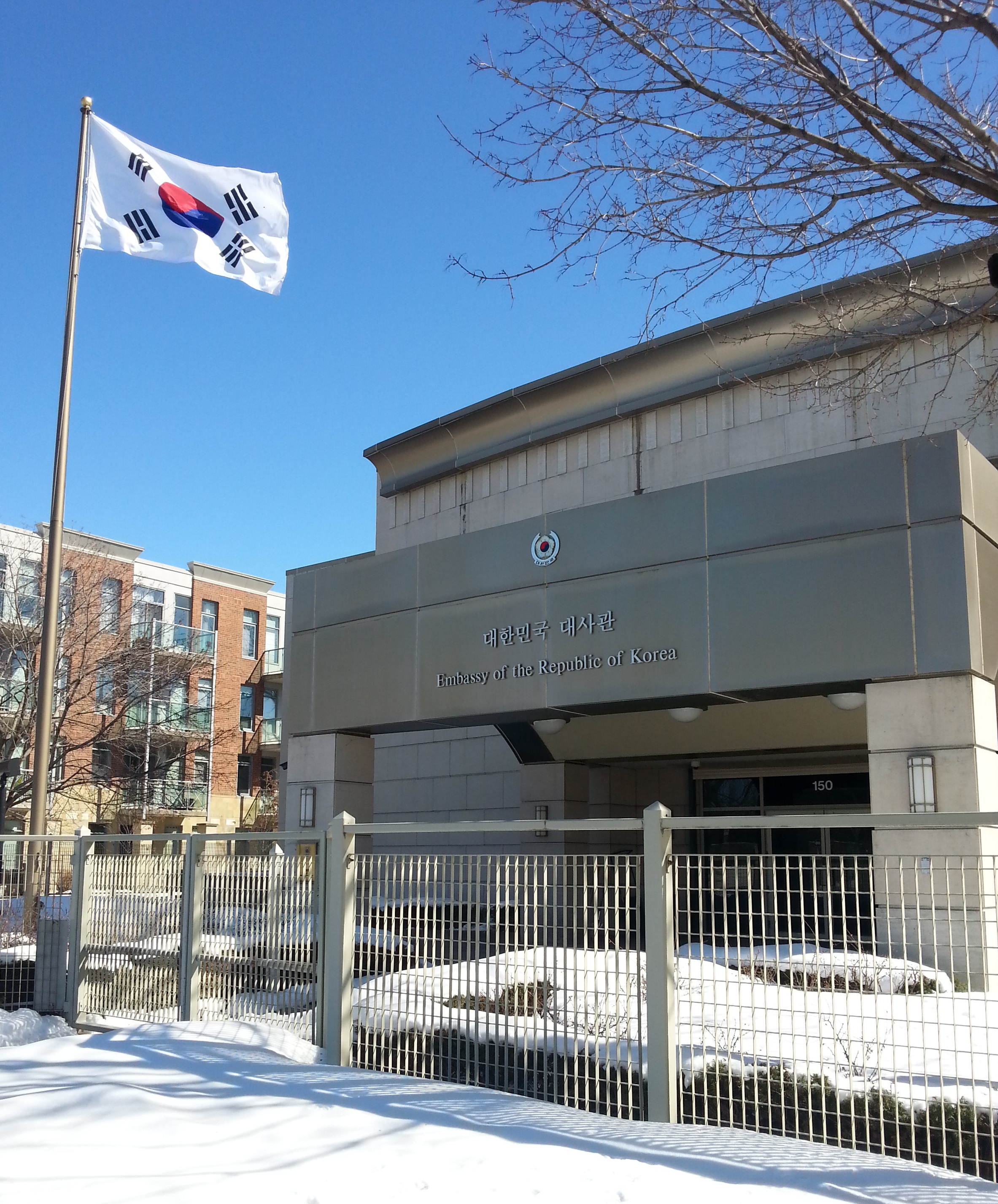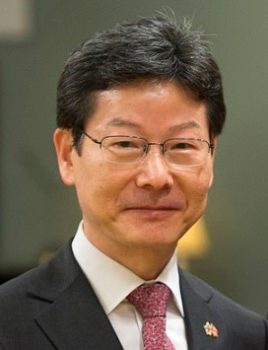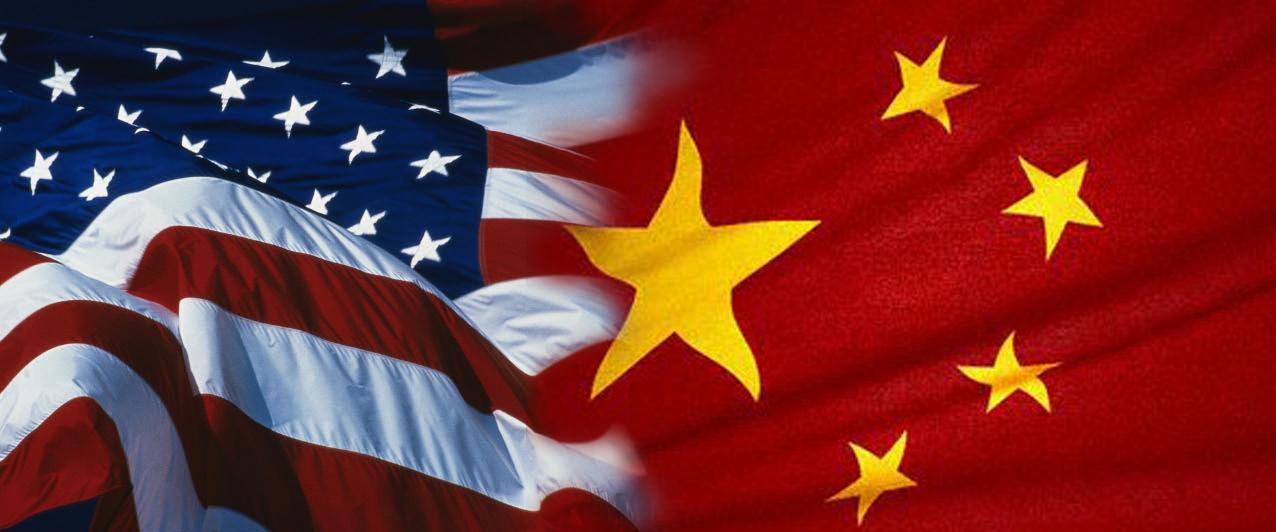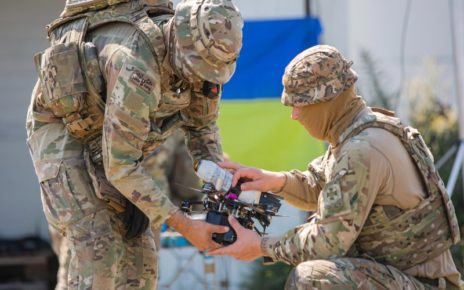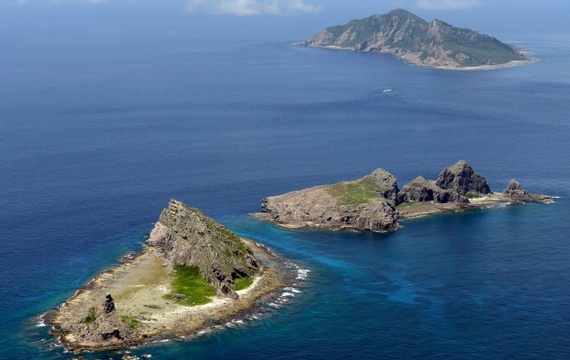His Excellency Maeng-ho Shin, Ambassador of the Republic of Korea to Canada, has extensively dedicated over 30 years as a diplomat in foreign policy. Since joining the Ministry of Foreign Affairs of the Republic of Korea in 1985, Ambassador Shin’s active contribution in policy and diplomacy concerning development, trade, and crisis management — particularly on nuclear issues of the Democratic People’s Republic of Korea — has solidified the Republic of Korea’s contribution to international peace, stability, and security. Since 1985, Ambassador Shin has served in various postings, including Second Secretary of the Korean Mission in the European Union at Belgium, First Secretary of the Embassy of the Republic of Korea in the Federal Democratic Republic of Ethiopia, Permanent Representative of the Republic of Korea in the International Organizations in Vienna, and Minister Counselor of the Embassy of the Republic of Korea in the Russian Federation.
His career has also featured senior roles, including Director of the North Korean Nuclear Affairs Division in the Korean Foreign Ministry (2005-2006), Deputy Spokesperson (2010-11), Director General for International Legal Affairs (2011-13), Ambassador of the Republic of Korea to Bulgaria (2013-2016), and Ambassador of the International Security Affairs in the Ministry of Foreign Affairs and Trade in Seoul (2016-2017).
Ambassador Shin holds a B.A. in International Relations from Seoul National University and a M.A. from the School of Advanced International Studies (SAIS) at Johns Hopkins University in Washington, D.C. Ambassador Shin is married and has two children.
Interview Questions:
Question 1: With over 3 decades of extensive experience in diplomacy, including previous postings in places such as Austria, Belgium, the Russian Federation, and featured senior roles as director of the North Korean nuclear affairs division and ambassador for international security affairs at the foreign ministry in Seoul, to name only a few, what are some of the highlights of your previous and ongoing postings? What are some important geopolitical matters that you have confronted in your many roles? – 1:00
Question 2: How would you characterize the current state of Canada-South Korea relations? – 2:58
Question 3: Given the recent development, what challenges and opportunities do you perceive in trilateral security cooperation between the Republic of Korea, the Democratic People’s Republic of Korea, and the United States of America? – 4:27
Question 4: With the success of the PyeongChang 2018 Winter Olympics, what is the significance of North Korea’s participation in the Winter Games and what was South Korea’s goal regarding to the Democratic People’s Republic of Korea? – 6:06
Question 5: What is South Korea’s policy towards North Korea and what is the ultimate goal in this dialogue between South Korea and North Korea? – 7:46
Question 6: What specific plans does South Korea intend to commit once the South Korea-North Korea dialogue commences? How does South Korea plan to denuclearize North Korea and how would South Korea overcome any disagreements between North Korea and the United States of America? – 8:46
Question 7: There have been reports on the possibility of reviving the Sunshine Policy under the President Moon administration as a way to thaw tensions on the Korean peninsula. If there is any truth in this narrative, what is your opinion on this policy and how will it achieve peace and stability? Will the policy be the same or different from the former Sunshine Policy? – 10:36
Question 8: What is the South Korea’s role in trilateral security cooperation between the United States of America, the Republic of Korea, and Japan? Does Canada have a role to play in this security cooperation? – 12:07
Question 9: Does NATO have a role in stabilizing developing tensions in the Asia-Pacific region? For example, territorial disputes in the South China Sea and the North Korean nuclear threat. – 13:32
Question 10: Canada prides itself on being one of the Republic of Korea’s strongest allies. What words would you like to offer to the Canadian government concerning the Democratic People’s Republic of Korea or the Asia-Pacific region? What would be your advice to Prime Minister Justin Trudeau regarding the strengthening of Canada-Republic of Korea relations? – 14:33
Question 11: As cooperation between Canada and the Republic of Korea increases, do you feel that Canadians possess an adequate understanding of the uniqueness of Korean culture, aside from the K-Pop, and regional dynamics? Or do we still have much to learn? – 16:13
Question 12: Are there any further remarks Your Excellency would like to mention before we conclude the interview? – 17:12
—
Special thanks to Assistant Jeesun Kim and Senior Researcher Yang Gyun Chung from the Embassy of the Republic of Korea in Ottawa for their efforts in making this interview possible.
Photo: Embassy of the Republic of Korea in Ottawa and His Excellency Maeng-ho Shin, Ambassador of the Republic of Korea to Canada.
Disclaimer: Any views or opinions expressed in articles are solely those of the authors’ and do not necessarily represent the views of the NATO Association of Canada.

